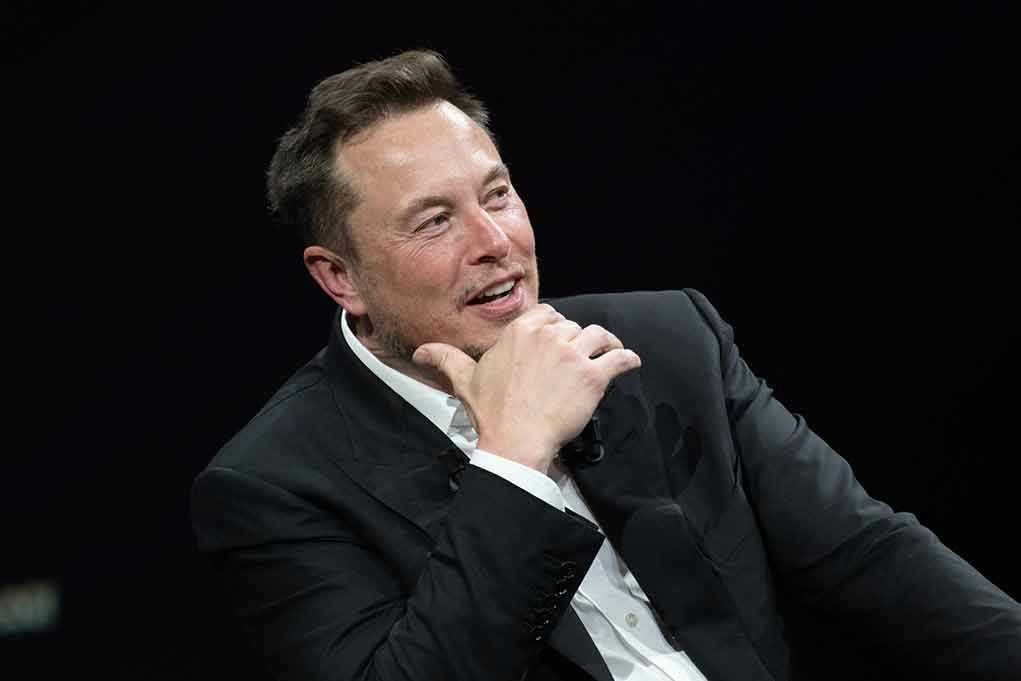
Tesla’s proposed $1 trillion pay package for Elon Musk could shake the foundation of American corporate values, sparking fierce debate over executive excess and the role of shareholder power.
Story Snapshot
- Tesla’s board unveiled a $1 trillion performance-based pay package for CEO Elon Musk, contingent on aggressive growth milestones.
- If fully realized, Musk could become the world’s first trillionaire, raising concerns about executive compensation and corporate governance.
- The proposal requires shareholder approval in November 2025 and faces intense scrutiny from investors and regulators.
- Experts are divided: some tout Musk’s leadership, while others warn of risks to shareholders and the precedent for CEO pay.
Unprecedented Pay Package and Its Implications
Tesla’s board of directors proposed a compensation plan for Elon Musk that dwarfs all previous executive packages in American history. The plan, filed with regulators on September 5, 2025, would award Musk up to 12% of Tesla’s outstanding stock if the company achieves a staggering $8.5 trillion valuation and a set of ambitious operational milestones by 2035. This approach ties Musk’s rewards directly to Tesla’s performance, but the sheer scale of the package has ignited debate about the limits of corporate compensation and the power wielded by major CEOs.
The pay package’s approval depends on a shareholder vote scheduled for November 2025, putting the future of Tesla’s leadership and direction in the hands of investors. The structure echoes Musk’s 2018 package, which he achieved, but this new proposal is unprecedented both for its size and the difficulty of its targets. The board defends the plan as essential to retain Musk’s vision and drive, while critics warn of shareholder dilution and corporate governance risks if oversight is weakened in pursuit of outsized returns for a single executive.
Shareholder Power and Regulatory Scrutiny
Shareholders now face a pivotal decision: approve a plan that could propel Tesla into uncharted territory or reject what some see as unchecked executive ambition. The outcome will signal whether market forces can balance innovation with responsibility or if the system is tilted toward rewarding the few at the potential expense of the many. Regulators, including the SEC, are closely watching the process for transparency and fairness, reflecting broader anxieties about unchecked corporate power and the influence of star CEOs.
The market’s initial response—a modest 2% increase in Tesla’s share price—suggests investor optimism, but the long-term impact remains uncertain. If Musk meets the milestones, Tesla could dominate not only electric vehicles but also robotics and autonomous technology, reshaping entire industries. However, the prospect of a single executive gaining such extraordinary wealth raises fresh questions about income inequality, the concentration of power, and the effectiveness of shareholder checks and balances.
Expert Analysis and Broader Industry Impact
Industry analysts are sharply divided. Supporters argue that only a leader of Musk’s caliber can deliver the kind of innovation and growth necessary to justify the targets, making the package a bold bet on American ingenuity and risk-taking. Critics, meanwhile, call the plan “aspirational” and “highly speculative,” warning that it could set a dangerous precedent, fueling a new era of runaway CEO compensation and eroding the principle of fair governance. Academic experts point to the tension between incentivizing performance and maintaining equitable pay structures, with some questioning whether Tesla’s targets are even achievable in the current market environment.
Proposed Tesla pay package could make Musk a trillionaire https://t.co/94mfVB6all
— Tuck The Frumpers (@realTuckFrumper) September 5, 2025
The debate extends beyond Tesla, as other companies may use this package as a template, potentially accelerating the arms race for executive pay across the tech and automotive sectors. The decision by Tesla’s shareholders in November will not only define the company’s future but could influence the standards of corporate governance and compensation for years to come. As the story unfolds, it highlights the ongoing conflict between entrepreneurial ambition and the need for prudent stewardship of shareholder interests—a core concern for those who value free markets, responsible governance, and the enduring principles that have long defined American success.
Sources:
Elon Musk’s $1 Trillion Tesla Pay Package: Key Takeaways, Succession, Valuation, Voting
Elon Musk Could Become First Trillionaire Under Tesla’s Proposed $1 Trillion Pay Package














![Congresswoman Assaulted — What Was In That Syringe? WATCH MOMENT: Ilhan Omar rushed and "sprayed" [GRAPHIC]](https://www.unitedvoice.com/wp-content/uploads/sites/3/2026/01/WATCH-MOMENT-Ilhan-Omar-rushed-and-sprayed-GRAPHIC--100x70.jpeg)


